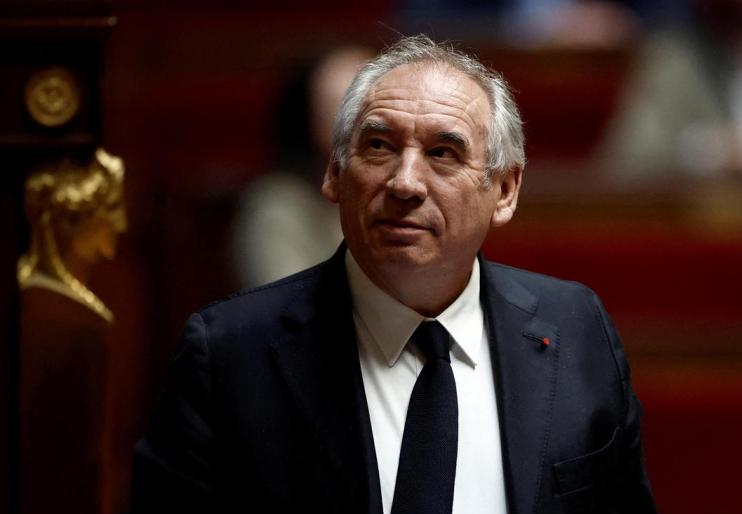
The French National Assembly has voted on a motion of no confidence in the government put forward by part of the left-wing Syriza party. The no-confidence motion was ultimately defeated, allowing the government of new Prime Minister Bayrou to pass.
The French National Assembly has 577 seats. In Thursday's vote, 131 lawmakers voted in favor of the no-confidence motion, far short of the minimum 289 votes needed for passage.
Xinhua News Agency reported that after Francois Bayrou explained the government's policy program in the National Assembly on Tuesday (14), some parties in the left coalition "Infortitude France" and other parties submitted a motion of no confidence in Bayrou's government in the National Assembly. Indomite France believes that President Emmanuel Macron should appoint a centrist Prime minister, Bayrou, who is currently leading in the number of seats in the National Assembly. But there are divisions within Syriza, with the Socialists deciding not to support the no-confidence motion after internal consultations Thursday. The no-confidence motion also failed to win the support of the far-right National Alliance party.
In a letter to win over the Socialists, Bayrou detailed a series of concessions, including no more cuts to state medical reimbursement, increases in hospital spending beyond previous budgets, and dropping plans to lay off 4,000 teachers.
Bayrou also agreed to keep concessions made by his predecessor Barnier, including postponing an electricity tax increase and raising all pensions in line with inflation, at a cost of 3.6 billion euros.
Bayrou also pledged to press ahead with a series of tax increases worth nearly 21 billion euros (nearly S $29.5 billion) planned by Barnier, mainly for the wealthy and large companies.
After the French National Assembly election in July last year, the National Assembly formed a "tripartite" pattern of left coalition, center, and far-right, and the three camps are far from the 289 seats needed to occupy an absolute majority in the parliament. After the results of the National Assembly election, Macron rejected the prime minister proposed by the Left Coalition, and first appointed the right-wing Republican Michel Barnier as prime minister. After Barnier was impeached by parliament through a no-confidence vote, Macron appointed centrist ally Bayrou, head of the Democratic Movement Party, as prime minister. Bayrou, seeking to prevent the new government from being impeached by parliament soon, outlined a number of compromises with the opposition in his speech Tuesday.
According to the French constitution, when the National Assembly is dissatisfied with the government, it can submit a no-confidence motion, so parliament has sometimes impeached the government. All four governments appointed by Macron since he began his second presidential term in 2022 have been impeached by parliament, with only Barnier's government being impeached in December 2024.

On January 7th local time, GameStop (GME.US) announced that the company's board of directors had approved a potential executive compensation package worth $3.54 billion, which was targeted at the company's CEO, Ryan Cohen. At the same time, this new compensation package set extremely high performance thresholds: Cohen, the CEO, needed to increase the company's market capitalization from $9.5 billion to $100 billion.
On January 7th local time, GameStop (GME.US) announced that…
According to the British media The Guardian, recently US Pr…
In today's era of deep integration of globalization and dig…
In early 2026, US President Trump forcibly took control of …
Recently, the corn market dynamics analysis released by Aus…
Donald Trump has proposed an "immediate" restriction on lar…